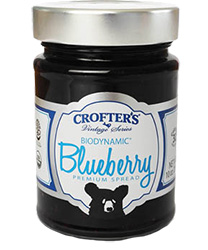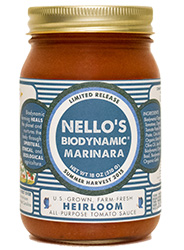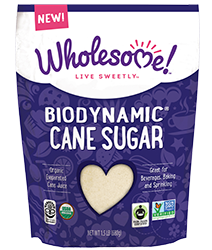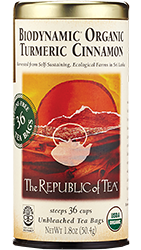Free from synthetic pesticides and chemical herbicides. Non-genetically engineered seeds. No industrial solvents. These attributes are hallmarks of USDA Organic, the strict, government-regulated label that determines how foods ranging from produce to dairy to meats are grown, raised and managed.
Chances are, a large percentage of foods you buy in your natural products retailer are organic—and for good reason. A 2015 study published in Environmental Health Perspectives found that participants who usually ate organic foods had lower levels of organophosphate pesticides in their urine than people who never ate organic foods. Plus, organic farming practices can mitigate climate change effects by reducing—and even capturing—carbon emissions from the atmosphere and storing them in the soil.
At 25 years old, the USDA Organic seal is an important benchmark to ensure food has been cleanly grown. And organic business is booming. In 2014 organic-food sales fetched a record-breaking $39.1 billion in the United States. With that kind of output, these organic crops, produce, meat, and poultry likely aren’t coming from the small, idyllic farms you imagine when you think of “organic.” Rather, this food is often grown on massive organic operations, which raises concerns for an increasing number of advocates who worry that hard-won organic values are being eroded. “A lot of people have gotten disillusioned about organic food and wonder whether it’s really authentic and comes from a healthy farm,” says Robert Karp, executive director of the nonprofit Biodynamic Association.
Is it possible to enhance organic’s standards to source ingredients more consciously, more sustainably?
The short answer is yes.
Welcome to biodynamic farming, a method of agriculture developed in the 1920s that emphasizes the relationship between a single farm’s soil, crops and livestock to create a self-sustaining system. “With biodynamic, an entire farm must be certified [by independent certifying body Demeter USA] because it’s a closed-loop ecosystem. There needs to be some integration of animals and plants, and everything must work together,” says Karp. For example, rather than buying certified-organic fertilizers, biodynamic farmers apply the manure produced from their own farm animals. The result is a diversified, holistic system that fortifies soil health in a way that enhances flavor—making it especially attractive to wine producers.
 “Farming according to biodynamic principles is the most natural way to increase the fertility of our soil,” says Frans K. Smit, cellar master for Spier Wines, a South African-based winery. “We believe that the biodynamic practices are the right thing to do to take care of the land that we are custodians of,” he explains, adding that biodynamic wine is a better representative of the area it comes from, a concept called terroir.
“Farming according to biodynamic principles is the most natural way to increase the fertility of our soil,” says Frans K. Smit, cellar master for Spier Wines, a South African-based winery. “We believe that the biodynamic practices are the right thing to do to take care of the land that we are custodians of,” he explains, adding that biodynamic wine is a better representative of the area it comes from, a concept called terroir.
Some natural food companies are transitioning certain product lines to biodynamic to support farmers and food producers who act as high-level stewards of the land. Wholesome, a brand that specializes in organic and fair-trade sweeteners, launched a packaged, biodynamic cane sugar from Paraguay. And in August, Nello’s Sauce debuted a U.S.-grown, biodynamic tomato pasta sauce—the first of its kind. Crafting a packaged biodynamic product is no easy feat, especially when products require multiple ingredients. “The challenge for companies that are looking to certify their products biodynamic is that there are very few farmers who are practicing this style of farming,” says Sarah Miller, director of marketing for Wholesome. Although USDA Organic agriculture originated from biodynamic methods, it’s still a long process to transition an organic farm into a biodynamic farm, she says.
Plus, lots of shoppers are still puzzled over what biodynamic even means. Though the farming method is more than 90 years old, many don’t know the intricacies—or even the basics—of biodynamic methods.
Elizabeth Candelario, codirector of the certifying agency Demeter USA, says that shopper education is key to growing biodynamic products and expanding acreage. Biodynamic can resonate with conscious consumers because, she says, “it’s one of the best examples of sustainable farming, of ecological farming, whose intent is to heal the planet, and all of us, through agriculture.”
Biodynamic on the shelf
A slew of natural brands are debuting new products that use biodynamic, Demeter USA–certified ingredients.
Here are a few of our favorites.
Crofters Biodynamic Blueberry Premium Spread
Nello's Biodynamic Marinara Heirloom
Wholesome! Biodynamic Cane Sugar
The Republic of Tea Biodynamic Organic Turmeric Cinnamon Tea
Montinore Estate Biodynamic 2013 Reserve Pinot Noir




